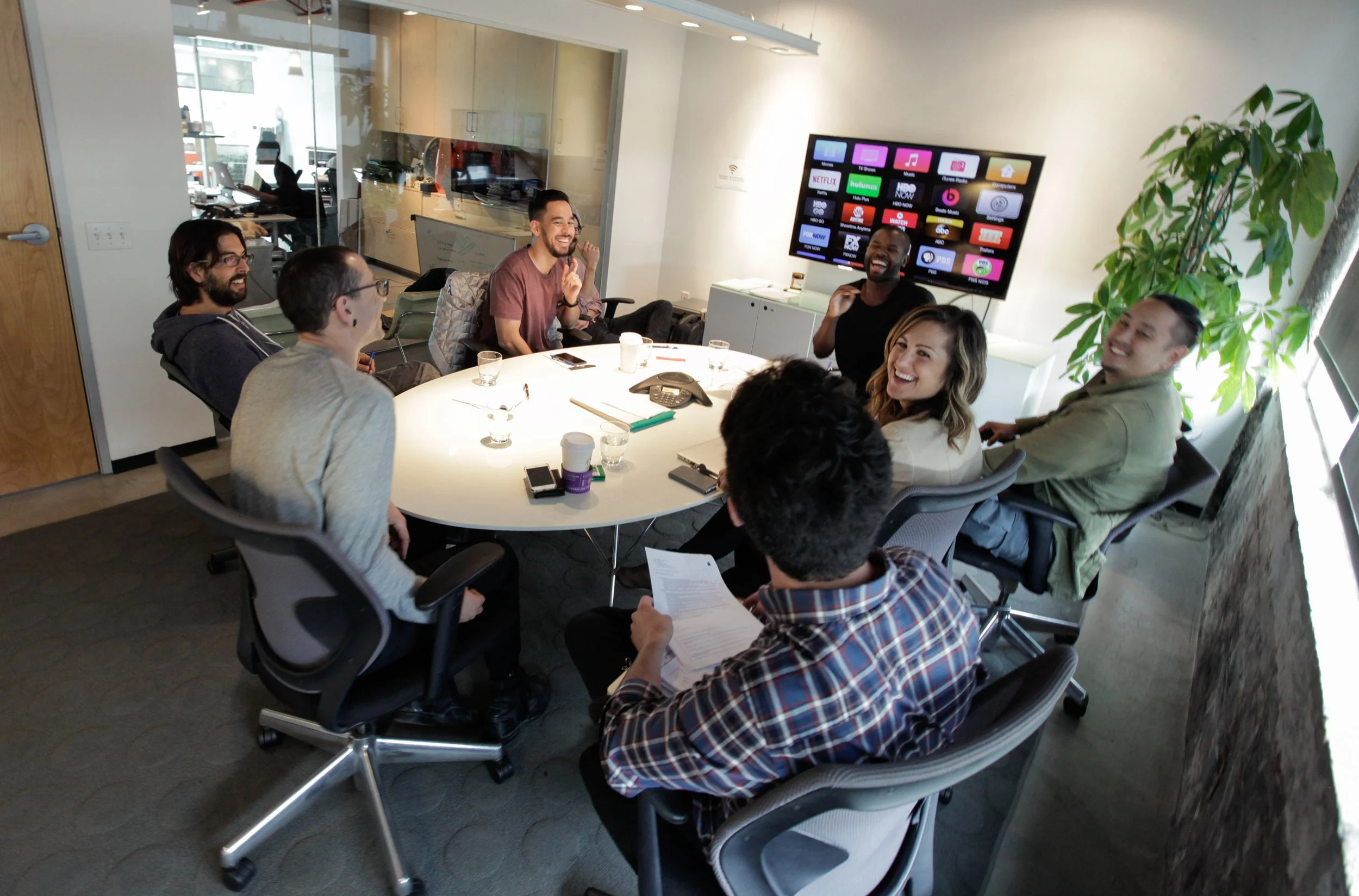The Return of Linkin Park and Hyperreality
I always liked Linkin Park, but I never loved them.
You could say I’m sympathetic to their output. They were an important part of the last great metal movement in mainstream culture and even if their sound was always a little too polished and accessible for my own tastes (you know me, I was always looking for the breakneck stuff), Linkin Park had undeniable moments that still resonate today. Play In the End at any karaoke bar and millennials are gonna come out of the bushes like zombies to belt it out together with all the heart and sincerity in the world.
What can I say? This songs means something to us.
They could’ve easily called it a day after Chester Bennington’s passing and it’s kind of what they did for seven years. I mean, they have an established catalogue of songs, including two classic records you can go back to whenever you feel the need. But Linkin Park was reborn from its ashes last month with a new singer: Emily Armstrong, from the band Dead Sara. Not that Dead Sara is supposed to mean anything to you, but guess what? To no one’s surprise, people are divided about this new iteration of the band.
I’m here to yell you not to be. I’m here to tell you it’s (probably) what the band wants.
Post-Music and Authenticity
There are two controversies surrounding the selection of Emily Armstrong as Chester Bennington’s replacement: 1) She was accused by one of the party poopers from The Mars Volta to have supported rapist Danny Masterson, something she took responsibility for and brought important nuance to since. Sometimes you do shit and soon realize that you shouldn’t have. 2) Chester’s family is apparently really angry that Mike Shinoda relaunched Linkin Park to try and "erase Chester's legacy". That I don’t buy.
That I believe is part of a marketing plan meant to reinsert Linkin Park in the cultural discourse.
Every stratospheric star is doing it. You could argue that it’s the way to become a stratospheric star nowadays: creating online drama under the guise of authenticity. Drake has been getting himself into beefs he can’t possibly win, Taylor Swift has won beefs no one gave her a chance to, the connection this type of incidents create with the audience is improving the appreciation of the work. Give Swift’s songs to anybody else and they do not even get a record contract. The music is not all that matters anymore.
So there’s no way that Jamie Bennington (Chester’s son) is not in on this. He’s fired a string of emotional stories on Instagram right when Linkin Park relaunched, accusing them of wanting to erase his father’s legacy, but it’s not what they’re doing at all and he knows it because a good chunk of the profits of this new era is going to end up in his pockets as part of Chester’s succession. What he’s done is to give a nostalgic electroshock to supercharge a new project into cultural relevancy.
I mean, the songs are good and appropriately emo. I believe The Emptiness Machine is about Instagram also, which couldn’t be any more on point for 2024, but in order to give the band the push, they needed to get Chester involved somehow. Not quite making an antagonist out of him, but emphasize how hard it is to separate from the legacy of such a great singer in the audience’s consciousness. Make that struggle real somehow and a break/reconciliation with Chester’s succession is what they came up with.
Making the B(r)and
You don’t believe me? Well, let me bring you back to the absolute shit show that was One More Light. I don’t care what Finn McKenty says, it was a terrible album and a terrible idea to begin with. I can’t find a copy of the documentary online anymore, but Linkin Park’s unfortunate foray into pop and EDM began with a visit at Harvard Business School in an attempt to financially and creatively exploit their brand to its fullest extent. I shit you not, there is a written summary of the exercise on Harvard Business School’s website.
In order to understand the context, Linkin Park has been receding from popular culture following the underwhelming performances of A Thousand Suns, Living Things and Minutes to Midnight and were ready for what they called "a paradigm shift". They did not choose to abandon rock and venture into pop and EDM because it’s what they wanted to do. It was a business decision. They went into pop because it was what Harvard Business School identified as "what their audience was into."
Any people in their right mind listens to the album understand this intuitively.
Why am I telling you this? Because Linkin Park are extremely brand conscious or became so since meeting Harvard Business School and it’s quite apparent since their rebirth. In this consultation, HBS stressed the importance of establishing an ecosystem beyond music that allowed them to connect better with their audience: starting countdowns on their social media, cross-pollinating audiences with Chester loyalists, forming partnerships with other popular mediums within their demographic.
So, I know it all feels very organic. That it seems like you’re playing a part in a pivotal chapter in the story of Linkin Park, but you’re not. It’s my theory, but I strongly, strongly believe it’s just an hyperreality strategy set in place by Mike Shinoda and friends in orer to consolidate Linkin Park’s return. You should like Linkin Park because the music is good (and better aligned to their legacy it has been since Meteora), but you shouldn’t love them. You shouldn’t get passionate about it, because it’s what they want you to be.
* Follow me on Instagram to keep up with new posts *







